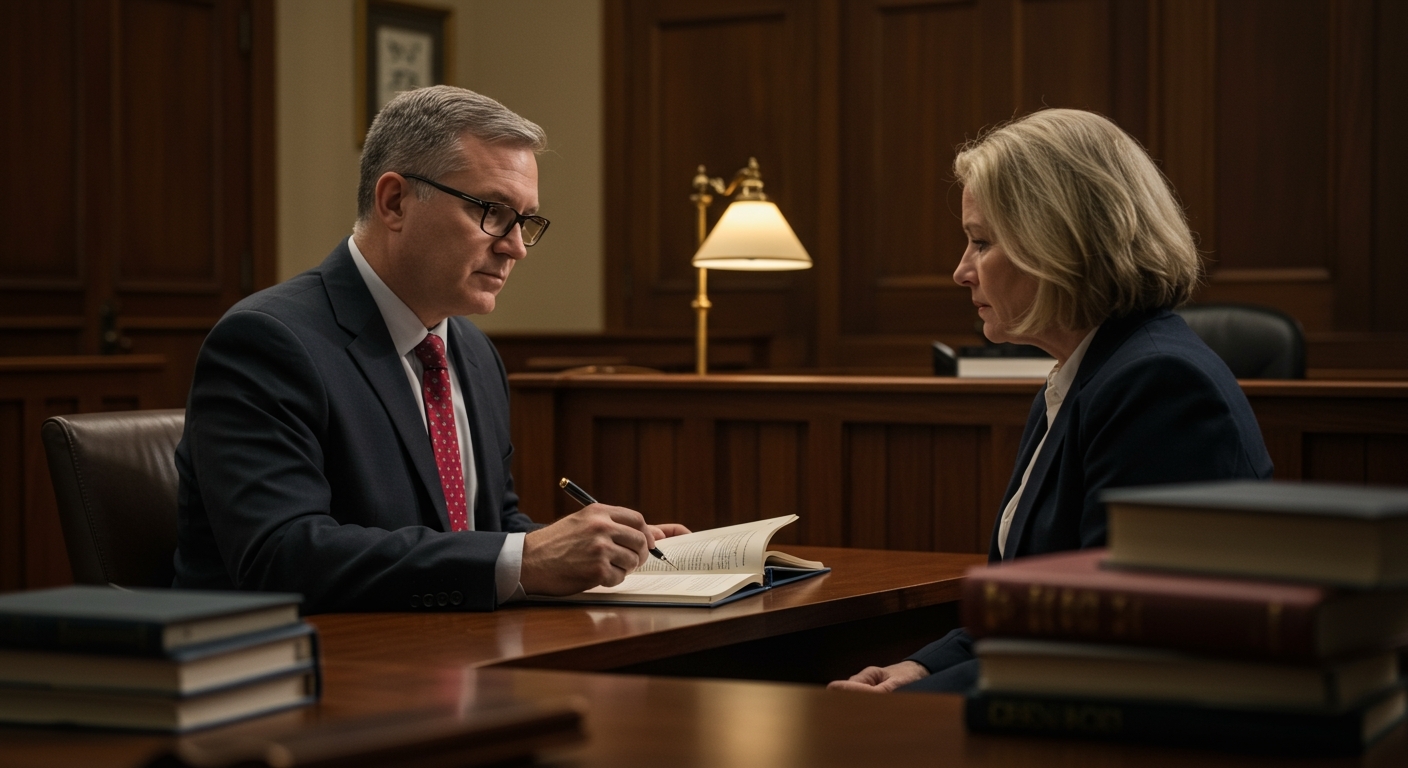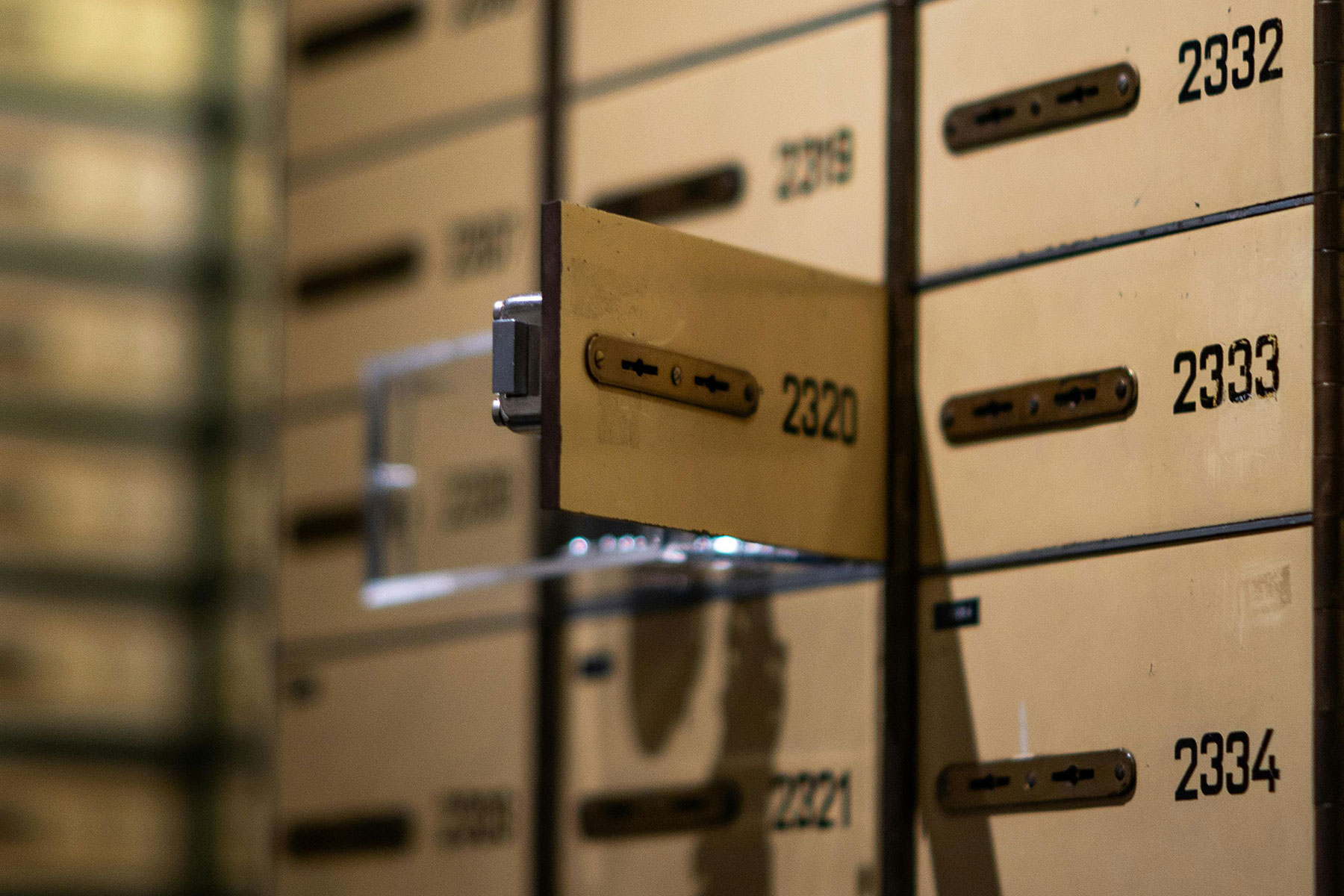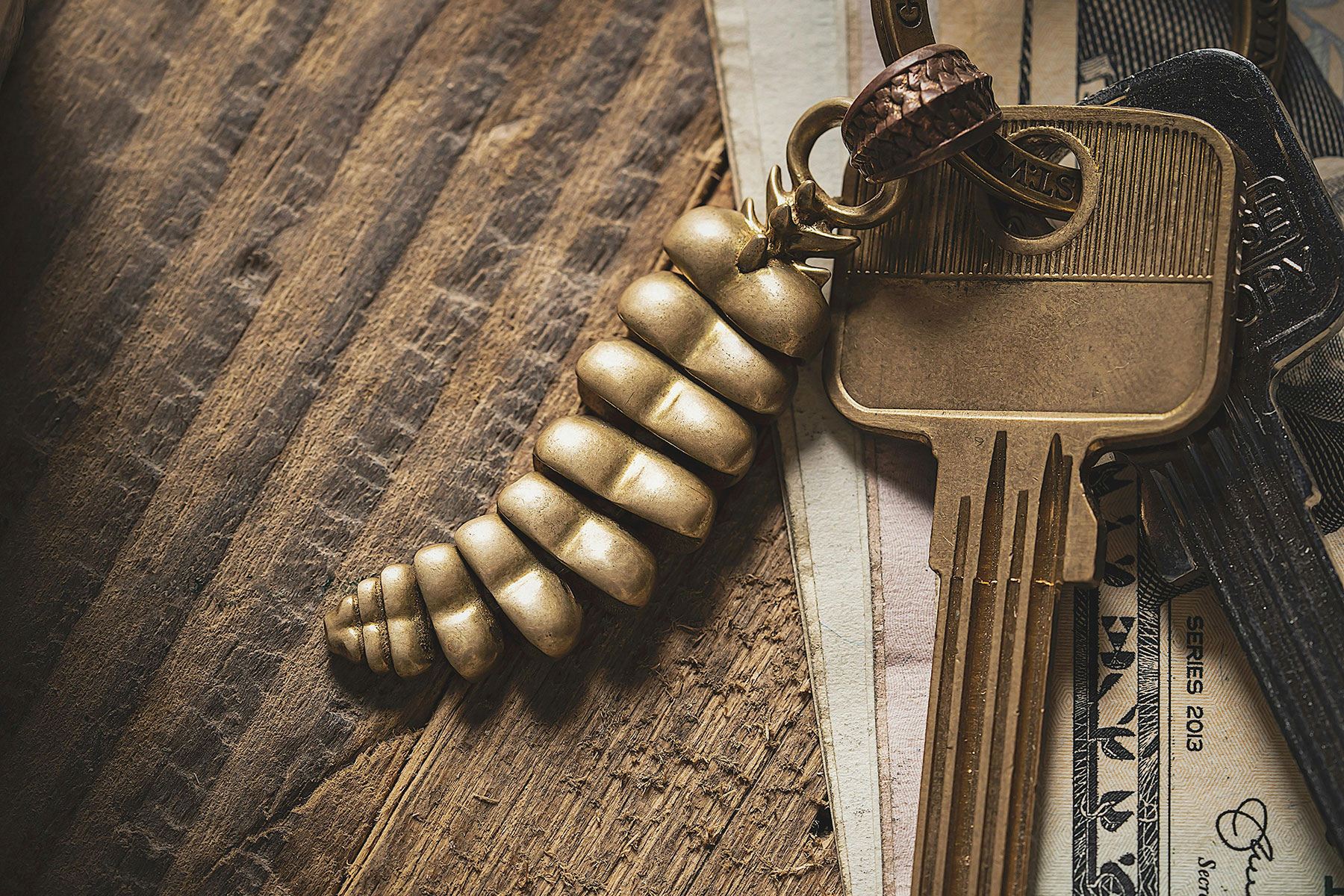
How Birmingham Probate Litigation Attorneys Protect Your Rights in Estate Disputes
Probate is meant to bring order to the distribution of assets after someone passes away, but in practice, it often creat[…]
Read More
Tax Considerations During Probate
If your loved one dies and leaves a will, their assets aren’t automatically distributed to their heirs. Instead, the w[…]
Read More
Are You Liable for Your Loved One’s Debts?
Losing a loved one is always a painful experience. In many cases, it also comes with logistical and financial challenges[…]
Read More
What Legal Documents Are Required for Probate?
The death of a loved one means having to go through probate. This legal process involves validating the deceased’s wil[…]
Read More
Steps to Access a Safety Deposit Box During Probate
When a loved one passes away, it’s natural to feel overwhelmed by the number of tasks that need to be handled. One com[…]
Read More
How to Uncover Hidden Assets During Probate
Losing someone you love is never easy. In the midst of mourning, handling their final affairs can add an extra layer of […]
Read More
How to Navigate the Probate Process Without a Lawyer
The probate process can feel overwhelming for many families, especially after the loss of a loved one. Navigating probat[…]
Read More
Tax Implications of Probate
Dealing with the aftermath of a loved one’s passing is undoubtedly one of life’s most challenging experiences. Amid […]
Read More


